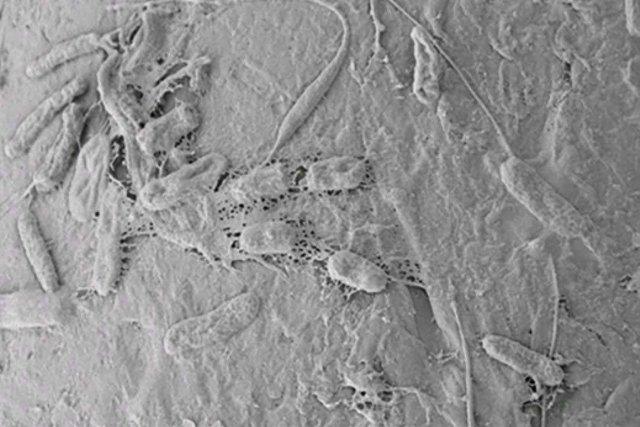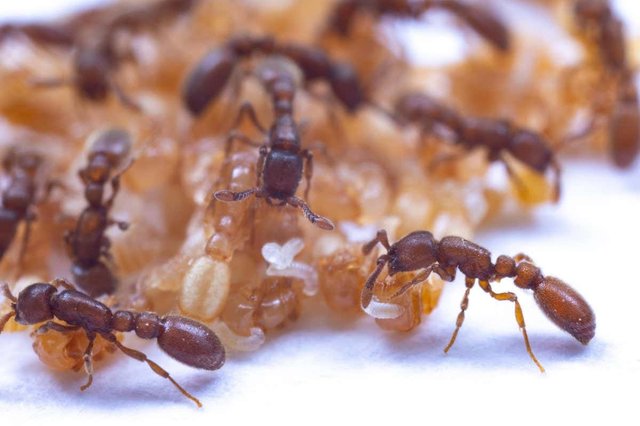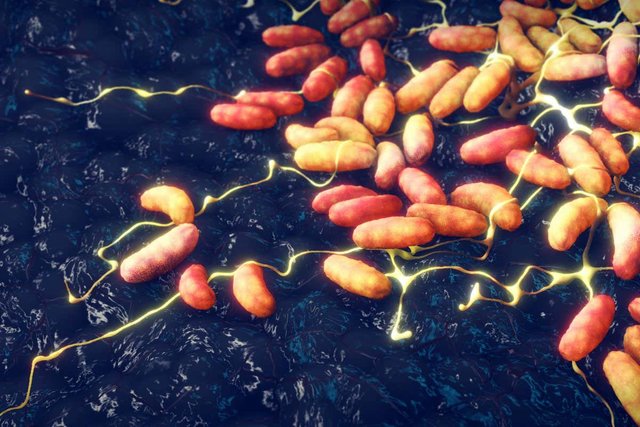
Sperm-blocking vaginal gel could be a reliable contraceptive method:
A gel that has prevented almost all of 1 billion sperm getting past the cervix in sheep could become an alternative to hormonal birth control methods but without the side effects

Microfibres that pollute the seas are floating homes for bacteria:
Almost 200 species of bacteria, including one that can cause food poisoning, were found on microfibre particles from the Mediterranean Sea

Plastic 'Pac-Man' moves using water ripples:
A simple device made of plastic and rubber can be controlled using ripples in water to move around obstacles

COP15: What to expect at the biggest biodiversity summit in a decade:
After a two-year delay, the COP15 summit will convene in Montreal to hammer out an agreement to address the biodiversity crisis

Ant pupae produce a nourishing liquid food for larvae and adults:
Researchers have observed several species of ants that produce a liquid while in a pupal stage that then gets consumed by their larvae and adults, with the team expecting this to occur across all ant species

A quantum computer has simulated a wormhole for the first time:
Researchers have used Google's Sycamore quantum computer to simulate a simplified wormhole for the first time, and sent a piece of quantum information through it

Ancient bird with a movable beak rewrites the story of avian evolution:
The earliest birds were thought to have a fused upper beak like ostriches, but a skull bone from 67 million years ago reveals that jointed beaks came first

Star ripped up by black hole is one of the brightest things ever seen:
A star orbiting a supermassive black hole at the centre of a distant galaxy was ripped apart in a tidal disruption event, the furthest ever observed

Alzheimer's drug lecanemab slows cognitive decline but concerns linger:
The drug lecanemab slowed the rate of cognitive decline among people with early Alzheimer's disease by 27 per cent, compared with placebo infusions, but some question if its potential safety concerns outweigh any benefits

An mRNA vaccine protects mice against deadly plague bacteria:
The bacterium Yersinia pestis causes frequent outbreaks that kill people, but a new vaccine based on cutting edge technology has shown promise in a mouse study









